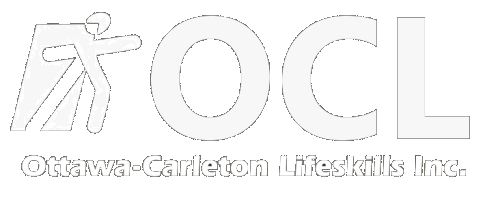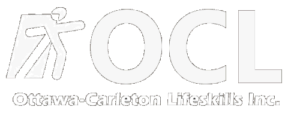Understanding Fetal Alcohol Spectrum Disorder (FASD)
FASD is an umbrella term for the long-term mental and physical problems that can happen when a baby’s brain is exposed to alcohol before birth. FASD is a lifelong condition which changes how the brain looks, works and controls emotions. Students with FASD can have vivid memories of things they have seen, good verbal skills and a lot of energy.
Indications of FASD
Primary Behaviour Characteristics
When a baby is exposed to alcohol before birth, it changes the way their brain develops. Some of these traits might be:
- Impulsivity
- Hard time remembering things
- Slower processing speed
- Trouble drawing conclusions and making predictions
Secondary Behaviour Characteristics
Most of the time, these defensive behaviours come about over time because of frustration and failure. They can cause depression and other mental health problems and make individuals less interested in school and learning. Some examples of secondary behaviours are:
- Anxiety, frustration, depression and problems with others
- Inappropriate behaviour
- Many symptoms of FASD are the same as those of other conditions like ASD or ADHD.
Influences on Learning
Memory
Children with FASD have trouble with their memory, which is a brain function. They can’t decide what will happen “next time” based on “what happened last time”; they can understand only so well.
Processing Information
A learner with FASD can have a very different way of thinking. Adults with FASD often have trouble understanding what information means. It can be hard for them to:
- Apply what they’ve learned to new experiences or situations and see what’s the same and what’s different
- See patterns, predict events or make judgements
- Remember to translate what they hear (instructions) into actions; what they think and feel into words; and what they read into what they say.
Planning and Completing Tasks
Cognitive Fatigue
Learners with FASD often get tired faster than their classmates. Their brain has to work harder and use more of its components to focus on things which come easy for their peers. They get tired of thinking when they have too much to do, or when expectations are too high. Cognitive fatigue accumulates. Performance can get worse as the day goes on.
Learners with FASD who are tired of thinking and don’t get the right help and breaks can demonstrate:
- Problems with learning
- Getting confused or physically sick, unable to get things done, mood swings and behaviour problems.
They may find it hard to handle all the work and stress they must deal with; this can show up as bad behaviour. Understanding why a behaviour is happening is important for finding ways to help it.
Behaviour and Social Skills
People with FASD always have very different patterns of behaviour. Students with brain injuries may be hyperactive, easily distracted and act without thinking.
A learner with FASD may find it hard to:
- Understand consequences
- Understand what is fair—they often have a rigid, selfish idea of what is fair
- Understand personal boundaries and ownership
- Understand social cues, rules, and the emotions of other people
- Make and keep friends
Confabulation vs Lying
Making something up is not lying. Damage to the frontal lobes of the brain makes it possible for a child or teen with FASD to make up for things that aren’t true. People may say something that fits the situation, or what they think is expected when they are confused (or have forgotten what happened). They can have trouble making sure what they say is true and based on facts.
Why Choose OCL
Ottawa-Carleton Lifeskills Inc. (OCL) has been helping families in the Ottawa region with developmental disabilities and disorders for over 37 years.
OCL is committed to giving your loved ones the best care and support and taking the right steps to ensure they are safe and healthy. In 2022, OCL marked its 37th year in business. Even though we couldn’t all get together in person to celebrate, we’re looking forward to the day when we can do so with the people we help, their families and our employees.
To learn more about FASD, please contact us in Ottawa at (613) 254-9400 or visit ocl.ca today.


